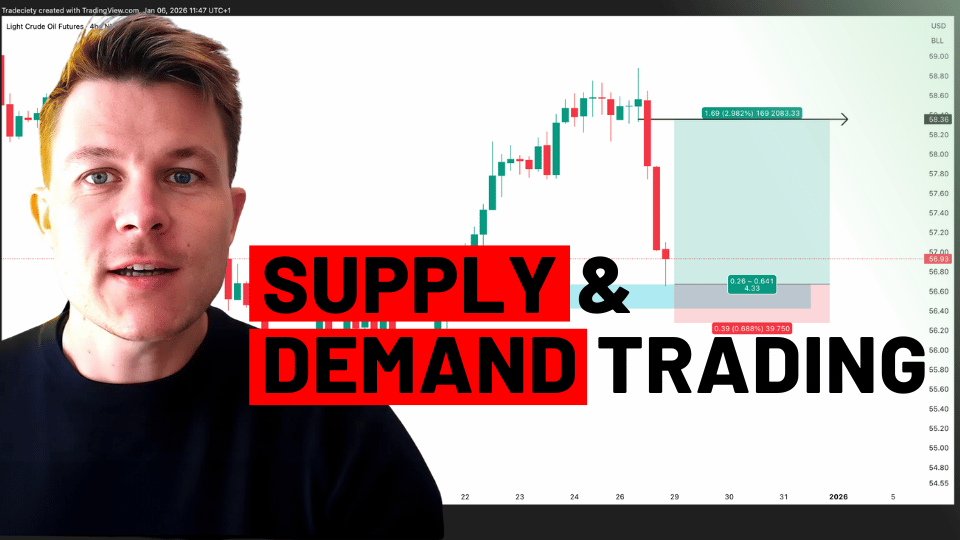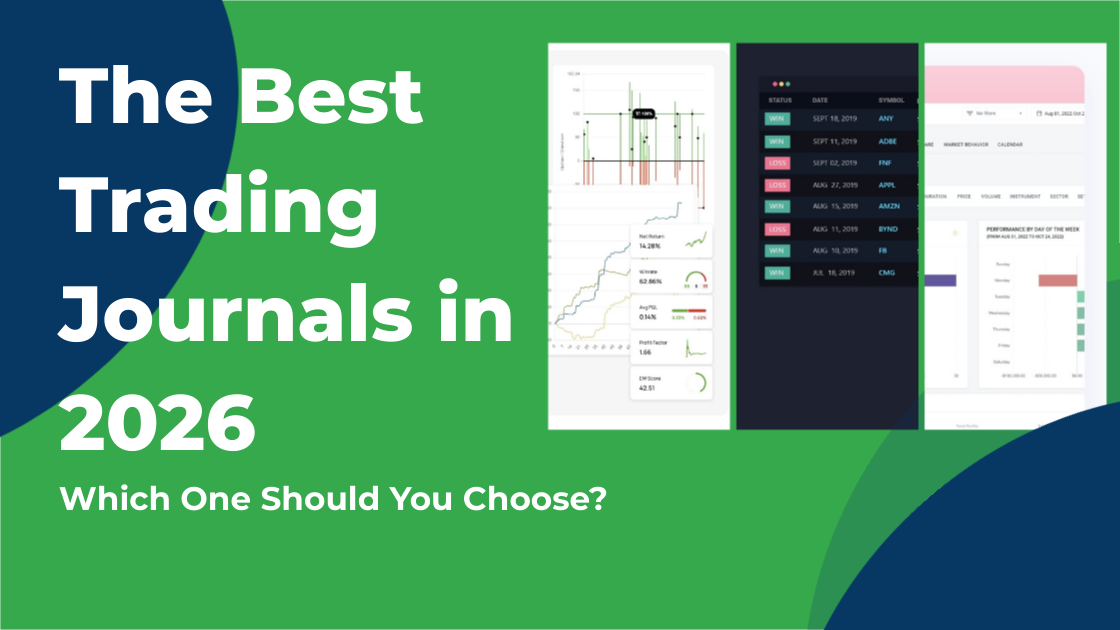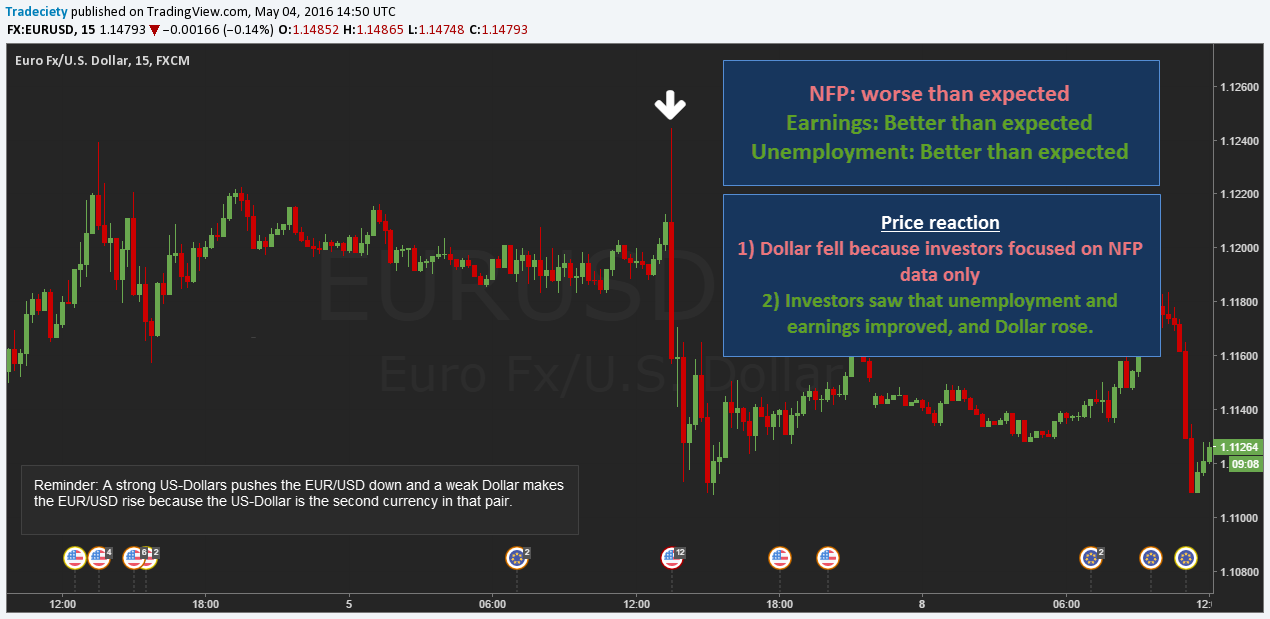Supply and Demand Trading in 2026
We have been trading supply and demand strategies for over ten years, and they have stood the test of time remarkably well. Supply and demand is...
The Nonfarm Payrolls (NFP) are among the biggest market movers in the Forex markets and probably the most-watched Forex news item, together with central bank events or interest rate decisions. Although their impact seems to be decreasing over the last few months.
At the first Friday of every month, the U.S. Bureau of Labor Statistics releases the numbers for new job creation in the US – along with other labor market data. The data includes all paid workers, excluding government employees, private households, non-profit organizations and the farming industry.
It’s an important indicator for how well the US economy is doing and investors watch this report closely. Surprises and major changes in the released numbers can lead to significant price movements. In this article, we show you why it’s so important to understand the implications of this release, how to interpret the numbers and how to trade NFP in general.
There are three parts and news releases for each NFP day:
1) The NFP numbers: how many new jobs have been created/lost
2) The unemployment rate: the overall unemployment rate
3) The hourly wages: how much workers are earning on average
(image via ForexFactory.com news calendar – you can get the actual numbers there)
The NFP provides information about the US labor market, how well the economy is doing and what the future holds: if the economy is not doing so well, companies don’t hire as many new people and might even fire some of their employees. Subsequently, those people lose income and can’t spend their money on things which reduces the overall revenue and general consumer spending and slows down the economy further.
On the other hand, when the economy is doing well, companies hire new employees who now have more money available and can use their additional income to buy ‘things’ and boost the economy, further increasing the need for companies to hire more people to meet the demand.
The hourly wages are the final piece of that puzzle because they show the purchasing power of those jobs.
Positive NFP numbers are good for the economy and, thus, investors will buy US-Dollars, anticipating a stronger economy in the future. A worse than expected NFP often leads to a falling US-Dollar as investors sell their US-Dollars.
This is a very basic view and we will now get into the more practical part.
Sometimes, you also see adverse effects which don’t seem to make sense at first. This is especially true when the released data surprises the traders. The old saying “you don’t trade the news, but how people interpret the news” applies to NFP forex trading a lot.
The NFP is a widely watched news report and you can almost always see that volatility is drying up when investors are waiting for the release. Thus, price often just ranges sideways on the Friday before the NFP without any sense of direction.
As a medium-term swing trader, I stay out of the market during those early Friday trading hours because it’s common to get whipsawed by sudden volatility spikes and it is also very hard to find profitable trading setups.
During the actual NFP release, things often get very (VERY!) volatile and hectic. There are usually two price reactions to any NFP release:
1) You’ll get an immediate volatility spike
2) Price reverses as more and more traders digest the numbers and then the price starts trending into the real direction.
The most important advice for trading the NFP:
You never trade the actual NFP numbers. You trade people’s expectations and reactions to those numbers.
The NFP number is the most closely watched of the three reports (at least when it comes to the initial reaction) and it comes with 3 numbers: the previous number from last month’s NFP, the forecast made by experts, and the actual numbers. Now, three things can happen and those often determine investors’ reactions:
1) The actual number is higher than the forecast and previous >> Dollar will likely rise
2) The actual number is lower than the forecast and previous >> Dollar will likely fall
3) The actual number is higher than forecast and lower than previous (or vice versa) >> No direction and lots of volatility as investors are confused
The screenshot below shows a very common behavior and it highlights the importance of waiting out the first initial knee-jerk reaction.
The NFP came in much worse than expected and this is usually the report most people pay attention to. This caused the Dollar to fall (and the EUR/USD to rise). Then, investors saw that the earnings were up (positive) and the unemployment rate fell as well, which was positive for the Dollar and the EUR/USD fell.
Reminder: A strong US-Dollars pushes the EUR/USD down and a weak Dollar makes the EUR/USD rise because the US-Dollar is the second currency in that pair.
April’s data was also very interesting to watch because the NFP data came in mixed and such a scenario usually always leads to a lot of volatility without direction as investors don’t know what to make out of it.
The screenshot below shows such an example: NFP was better than expected, but worse than the month before. The EUR/USD fell first with a strong US-Dollar because numbers beat expectations, and then rallied back as investors understood that the report wasn’t as positive.
To watch the NFP data release, you can go to the Forexfactory news calendar and get the numbers very quickly.

We have been trading supply and demand strategies for over ten years, and they have stood the test of time remarkably well. Supply and demand is...

3 min read
Choosing the right trading journal is essential for traders wanting to analyze performance, refine strategies, and improve consistency. In this...

3 min read
“95% of all traders fail” is the most commonly used trading related statistic around the internet. But no research paper exists that proves this...
